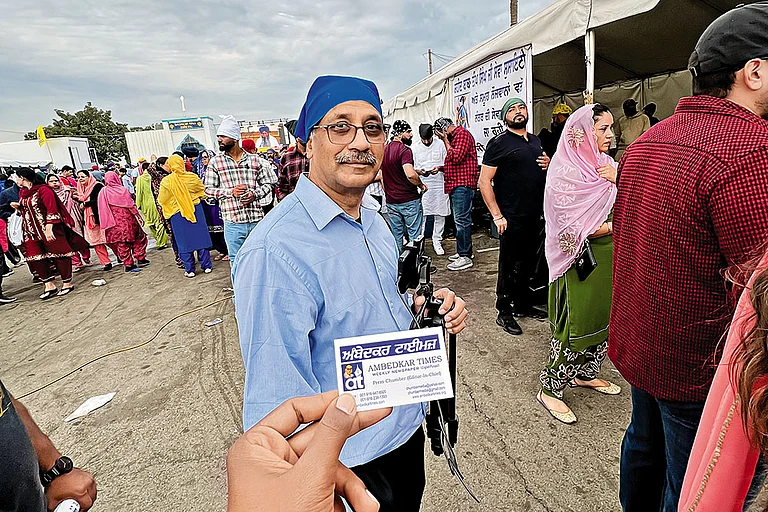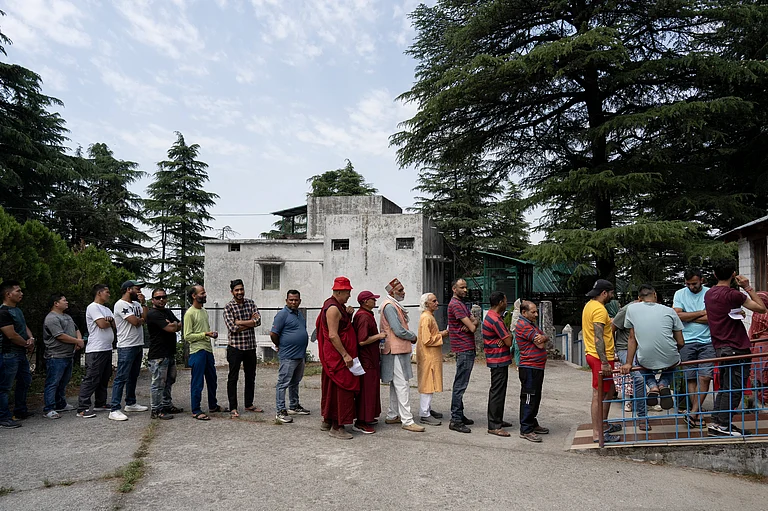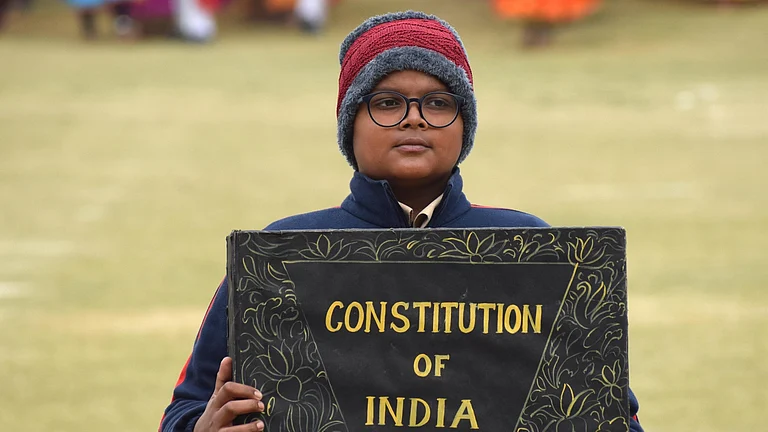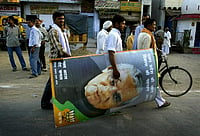April 14 is the birth anniversary of Dr. Bhim Rao Ambedkar is also known as Babasahab Ambedkar among his followers. Every year on his birth anniversary he is not only remembered by the government, politicians, administrators etc. but by his numerous followers across the nation and globe. He is regarded as the messiah among the dalit communities as he ensured that these marginalised communities get their fair share in Republic of India and their rights are enshrined in the constitution.
While remembering Dr. Ambedkar, people reaffirm their faith in the constitution and vow to safeguard the document that is the basis of India as a nation. But which was that one Article that Dr. Ambedkar thought of ‘as the most important’. On his birth anniversary it would be riveting to revisit the Article and why he attached such importance to it.
Dr. Ambedkar, during the constituent assembly debates, described the Article 32 as the ‘heart and soul’ of the constitution without which it would be a ‘nullity’. The Article deals with constitutional remedies of the citizen in case of infringement of their Fundamental Rights provided in Part III of the constitution. Fundamental Rights include right to equality, right to life, prohibition of discrimination on the grounds of religion, caste, class, sex and place of birth, abolishment of untouchability etc.
Under Article 32, a citizen can directly move the Supreme Court in case their Fundamental Rights are violated or are not being implemented. Article 32 ensures that the Fundamental Rights are not suspended unless provided by the constitution. This Article is important because no legislature can bring in any law which violates the Fundamental Rights and if it does the citizen have the right to move the Supreme Court.
Article-32 is significant and integral part of basic structure of constitution and itself is a Fundamental Right. In 1981, in a case Supreme Court said, ‘a right without a remedy is a legal conundrum of a most grotesque kind’. The court further said that Article 32 ‘confers one of the highest cherished rights. The Supreme Court is considered the ‘as the sentinel on the qui vive’ (the watchful guardian of fundamental rights of citizen) and it is Article 32 which confers it with this role.
The Supreme Court has used its power under Article 32 in various cases of public interest to ensure justice for the downtrodden. The first Public Interest Litigation (PIL) of the country, Hussainara Khatoon v. State of Bihar (1979), was filed under Article 32. The case focused on the inhumane conditions of prisons and under trials; and in this context the Supreme Court said that everyone has the right to speedy trial and the state must provide free legal assistant as well.
Many landmark cases, which touch upon the various aspects of human life, have been filed under Article 32. These cases dealt with issues such as right to livelihood, bonded labour, labour laws, right to life with dignity, right to live in unpolluted environment, right to die etc.
More recently, when journalists Siddique Kappan and Arnab Goswami were arrested in separate cases, they moved the Supreme Court under Article 32 and got relief. The time in which they were granted the relief is different and one can argue they did not receive the same degree of justice, but they both got justice, nevertheless, using their right under Article 32.
Article 32 ensures that the dreams of independence movement are realised for every citizen of the country. Ambedkar attached utmost importance to this article because he envisioned a nation where people not only had rights but also the legal framework to ensure their rights are implemented and not infringed.



























